Steph W. from SEOPressor


...help you check your website and tell you exactly how to rank higher?


97
score %
SEO Score

Found us from search engine?
We rank high, you can too.
SEOPressor helps you to optimize your on-page SEO for higher & improved search ranking.
By winniewong on March 15, 2017
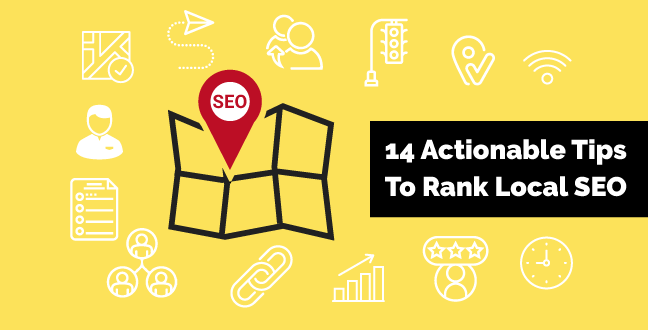
Local Search Engine Optimization has been a big deal throughout 2016, and it’s about to get bigger still.
Mobile search has been on the rise. Hitwise has reported that 60% of searchers are now on a mobile device. Mobile searches tend to be much more localized in nature, and I have discussed this at length in my previous posts.
At the same time, new technology has been emerging that may change the way we search on both mobile and desktop. Voice recognition technology is becoming more accurate all the time. It was 60% accurate in 2010 and it is 90% accurate now.
You’ve probably heard of Siri, Alexa, Cortana and Google Now, but there are others in the business helping to ensure the drive for perfect recognition continues.
People tend to use their voice recognition enabled virtual assistants for local searches. In fact, 40% of voice searches are intended to find local answers.
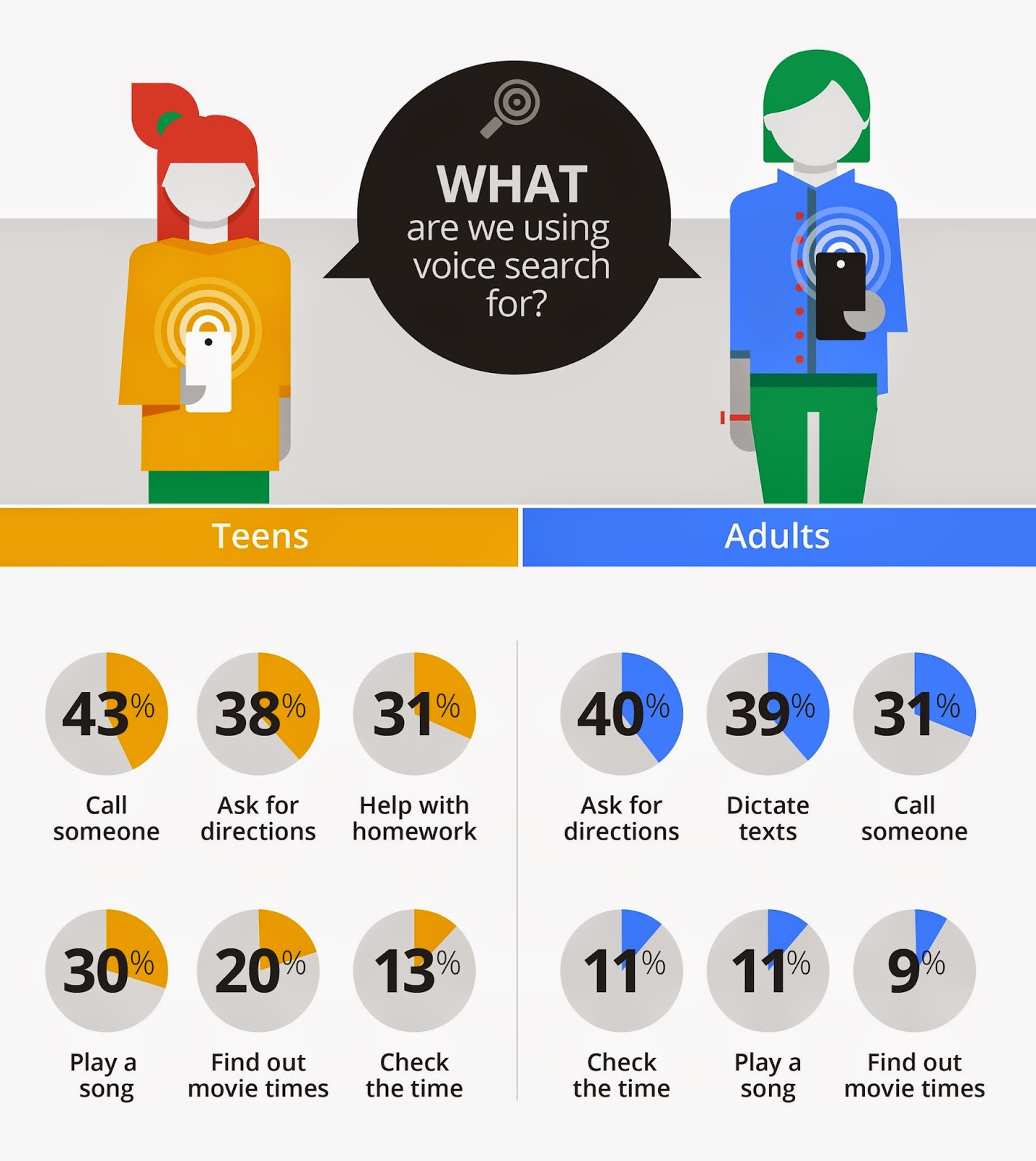
Voice Search is used mostly for local searches such as looking for directions and nearby places.
Last year, 10% of all searches on Google were through voice. That share is bound to increase, as 40% of adults and 55% of teens use voice search daily.
By now you might be a little fazed by all these percentages being thrown around. That’s cool. The bottom line is this: Voice search is changing local SEO, and local SEO is having a much bigger impact on small businesses as a result.
In this article, we’re going to discuss at length what you can do to make sure your local SEO strategy is optimized for voice search. I say again, what you can do. No more trends or insights. Real, actionable guidance.
But first, some important context that will make sense of those actions.
Google scores local results using a completely different algorithmic equation than its typical results. They combine relevance with distance, then add a further prominence score.
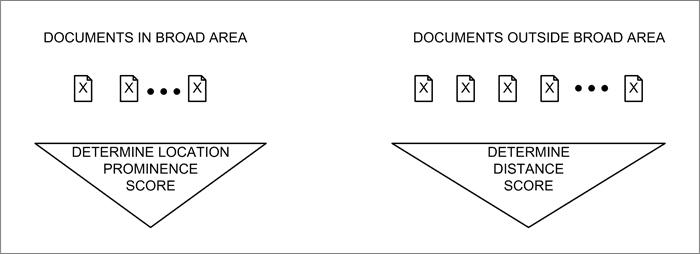
Google ranks Local Search based on distance as well as a unique scoring system called Local Prominence Score
The combination of these variables creates a score which in turn determines how you rank. And how highly you rank now matters more than it used to, since they’ve reduced the number of results listed from seven to just three.
So, how do you go about improving your local SEO ranking results? Funny you should ask.
If people will travel a long way to get to your restaurant, that will improve your Google Ranking. Google tracks travel through mobile devices and will remember this information.
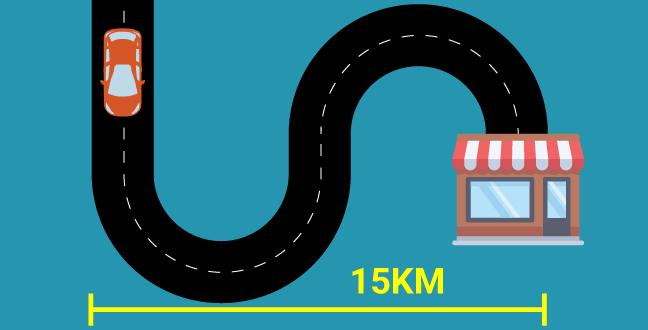
Google detects how far people are willing to travel to your premise through services such as Google Maps and Waze and use them in ranking local seo.
If you can convince people to travel a long way to your restaurant, you’ll be in a strong position to improve your ranking.
Google Maps is also used as a satellite navigation aid, and that means they regularly assess road quality to make sure they are giving people the best routes.
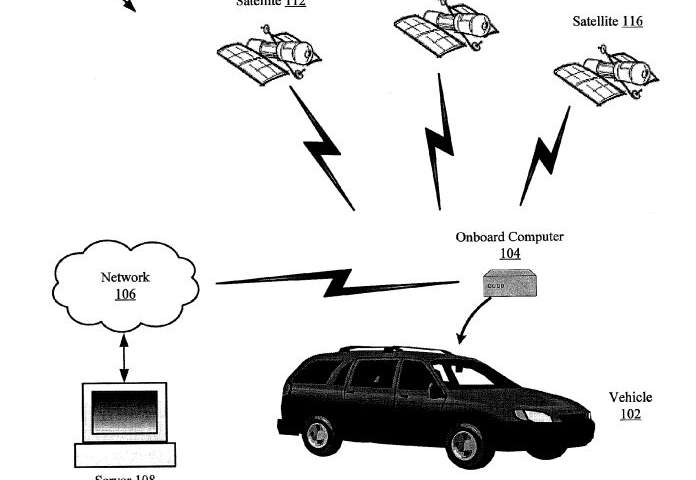
Google are able to tell road quality based on their navigation system. Chances are they are using it for local ranking as well.
While Google blackbox all their algorithms so we can’t say for sure, there are patents that suggest that businesses that are easily accessible on high quality roads will fare better.
Far more than a luxury, free WiFi provision is considered a basic amenity by many customers. Fortunately for you, it also has advantages for your business.

Offering free Wi-Fi not only attracts customers in, but also allows Google to detect visitors.
In this context, it’s worth nothing that Google tracks visits through cellphones and tablets that use your WiFi signal. This includes both the volume of visits and the duration.

Some patents suggest that Google are using check ins as local search metric.
Check-ins on social media and apps are trackable by Google, and may well affect your local ranking. If people are excited enough by your premises to shout out about it, it can’t help but mean good things.

Links are always integral to SEO and Local SEO is no exception.
We’ve talked extensively about the kinds of things that might effect your prominence or your relevance, but the single biggest factor affecting both is still what we know as PageRank. This means classic best practices for SEO are still relevant to local search factors, and link building is one of the most effective.

The more people mentioning and writing about your business, the better it will rank locally.
Sites like Yelp and TripAdvisor I’ve mentioned already, but getting customers to write about you really is one of the most important things you can do. Most of all on Google Reviews, as Google will preference these in generating its results. You can also use press releases to distribute your name across networks containing hundreds of news sites.

Not only the amount of referral matters but also the quality of them. A single referral from an authoritative site can be valued more than hundreds of random referrals.
Having a lot of referrals is obviously a good thing, but influential referrals can actually benefit you a great deal more. Influencers have large audiences who tend to rely on these authority figures to determine their choices for them. When identifying influencers, reach out to those who have high page rank scores themselves.
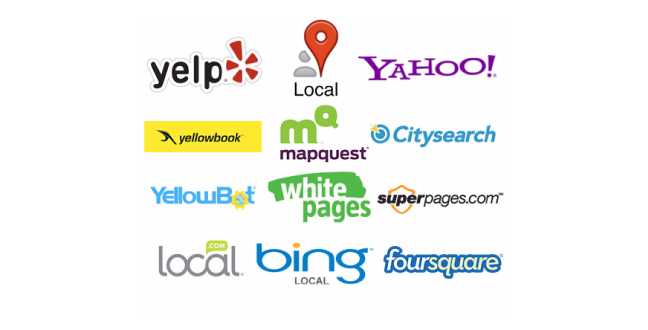
Submit your business in as many local directories as possible, as soon as possible.
Local directories are useful to people searching for a specific service in a specific location, who haven’t any idea who they will decide to use to provide that service. These directories are ranked on Google for that reason and your inclusion in them will make you more rankable.

Google are also crawling your review score across different sites and use it as a local ranking factor as well.
We’ve talked about getting reviews already. I even touched on responding to reviews. But here’s the rub – you need good review scores. There no way around it. Both Google and customers themselves will express a preference for places with a higher review score.
In a world with 8 billion people and counting, there is an audience for everything. In an online sphere where competition is so fierce, specificity is now more powerful than broad appeal. If you can target and activate niche audiences effectively, you’ll be better placed both in reputation and in rankings.
While it’s still okay to get reviewed by a generic review sites or blogs (it’s better than nothing), try to invite those who specializes in writing things specific to your niche to review your business instead.
When prompting people to leave reviews, in whatever form, be it through sites like Yelp or Facebook, on Google or via Check-ins, you want to seed the idea that people should express how they felt. That’s because positive descriptors improve rankings.
<li>Emotion is the biggest motivator toward positivity. Taking away fear, and encouraging a positive catharsis – the release of tension, will always help. A positive atmosphere and attitude can only lead to positive wording. </li
The more people react to your results, the better you will rank. This is known as engagement. The more engagement you have for your landing pages, promotions and listings, the more favourably you’ll be looked upon by search engines.

Having a good financial figure and making it available publicly will also help Google judge your business strength and use it to rank you more accurately.
The aim for any business should be good financial performance. If you’re achieving this, then make sure your publicize it. Indicators of success will help you rank.
Older businesses tend to rank higher. Longevity still counts for something, it turns out. The longer a business is cited in directories, the more powerful that citation becomes as a ranking factor. Being well established in the neighborhood means natural selection has ensured you survived.
When we say optimize, it’s easy to think only of technical improvements that can be done in our website to get it ranked. But if you notice in this post, a lot of these tips includes improving facets in the real world such as improving services as well as improving nearby road conditions.
Technical SEO does plays a part in local SEO such as including a consistent NAP and crucial business information but Google is getting better and better at utilizing real world metrics to rank local results.
Just like how writing good contents and getting good user interactions have replaced a lot of technical SEO practices, local SEO now require businesses to score on things that make customers happy.
Pay attention to things that:
It’s not hard to notice that most of these practices are good practices any business should already be doing anyways. But now you know that they also double as important ranking factors used by search engines to rank local seo.
Are there any tactics you think we’ve missed? Anything you’ve found particular success with? Drop it in the comments below!
Updated: 24 February 2026


Save thousands of dollars (it’s 100x cheaper)

Zero risk of Google penalty (it’s Google-approved)

Boost your rankings (proven by case studies)
Rank High With This Link Strategy
Precise, Simplified, Fast Internal Linking.
